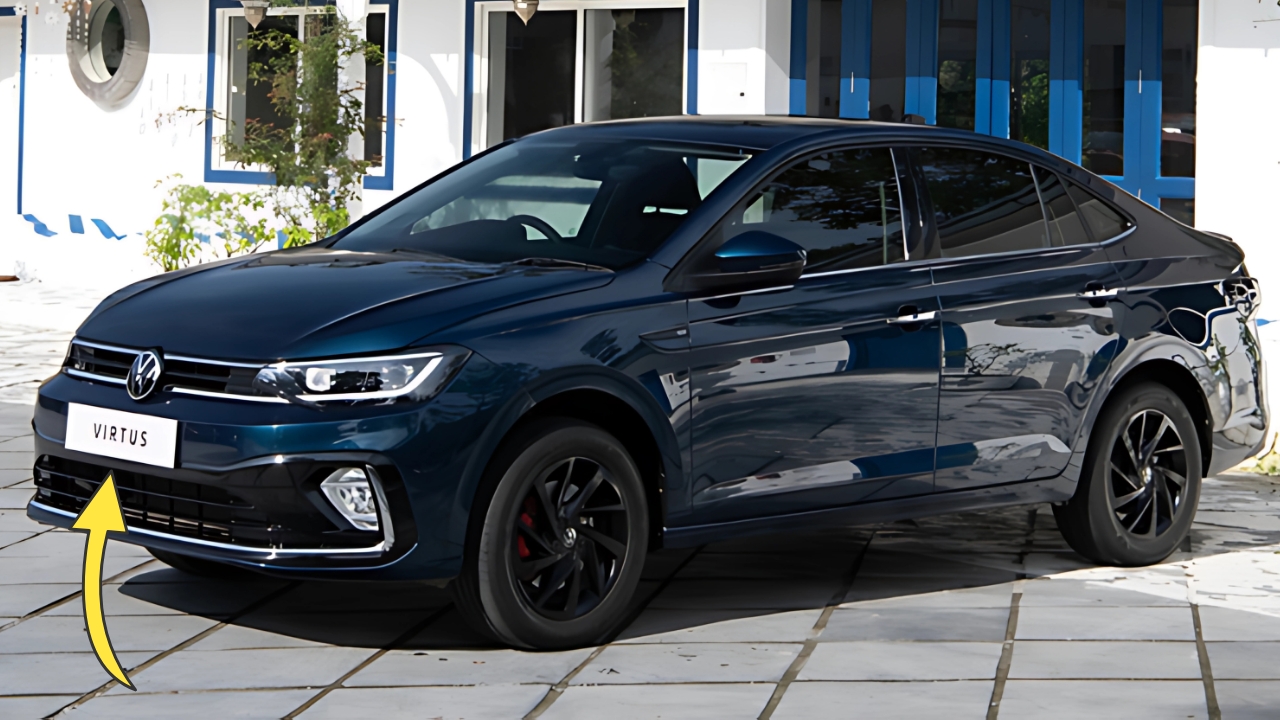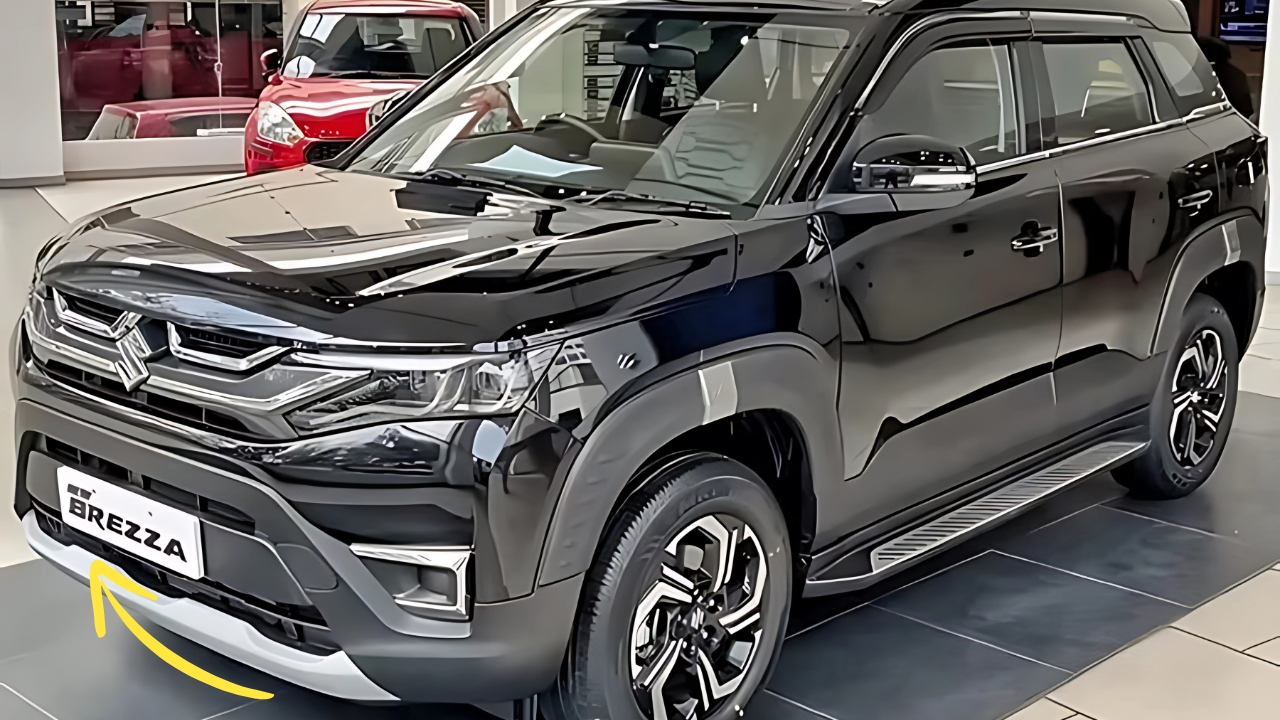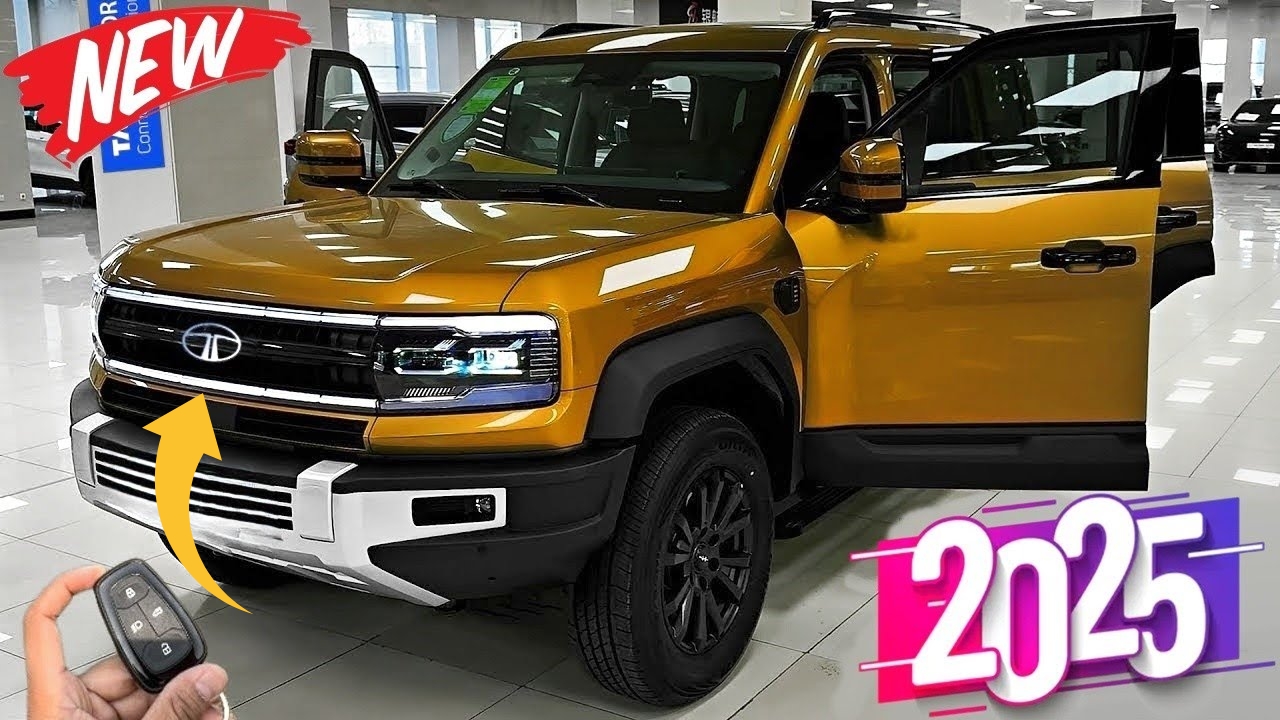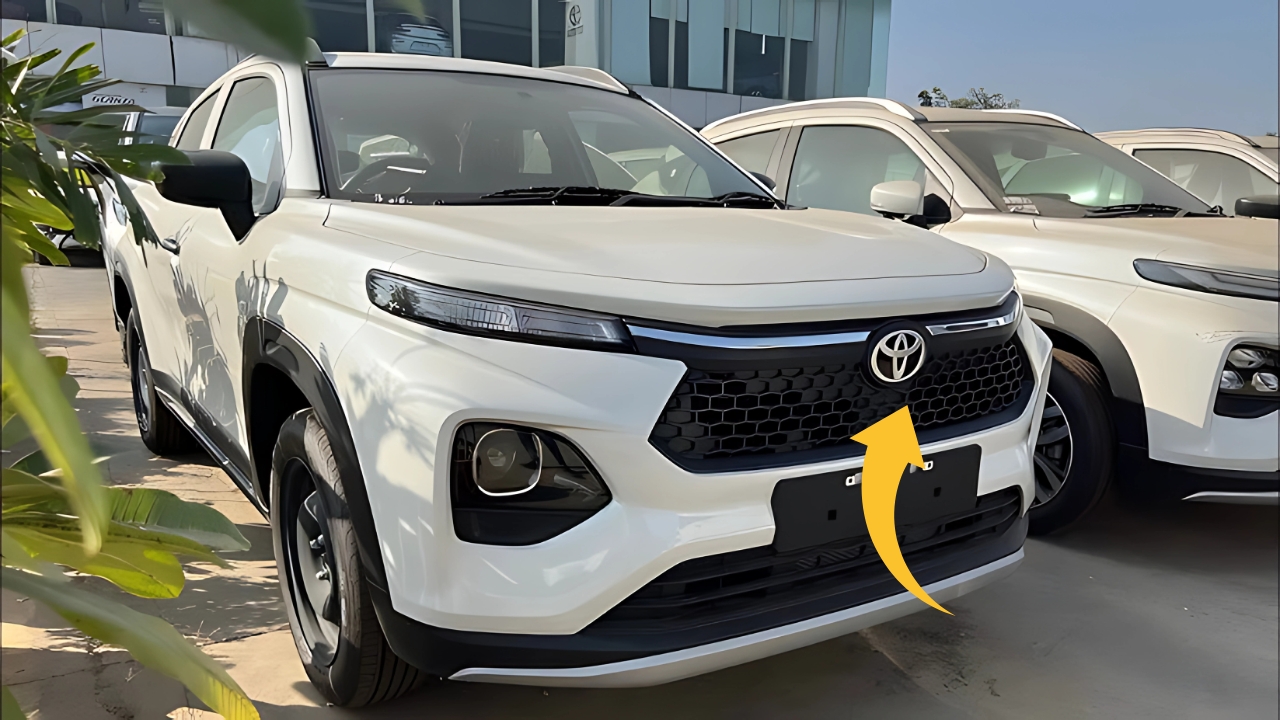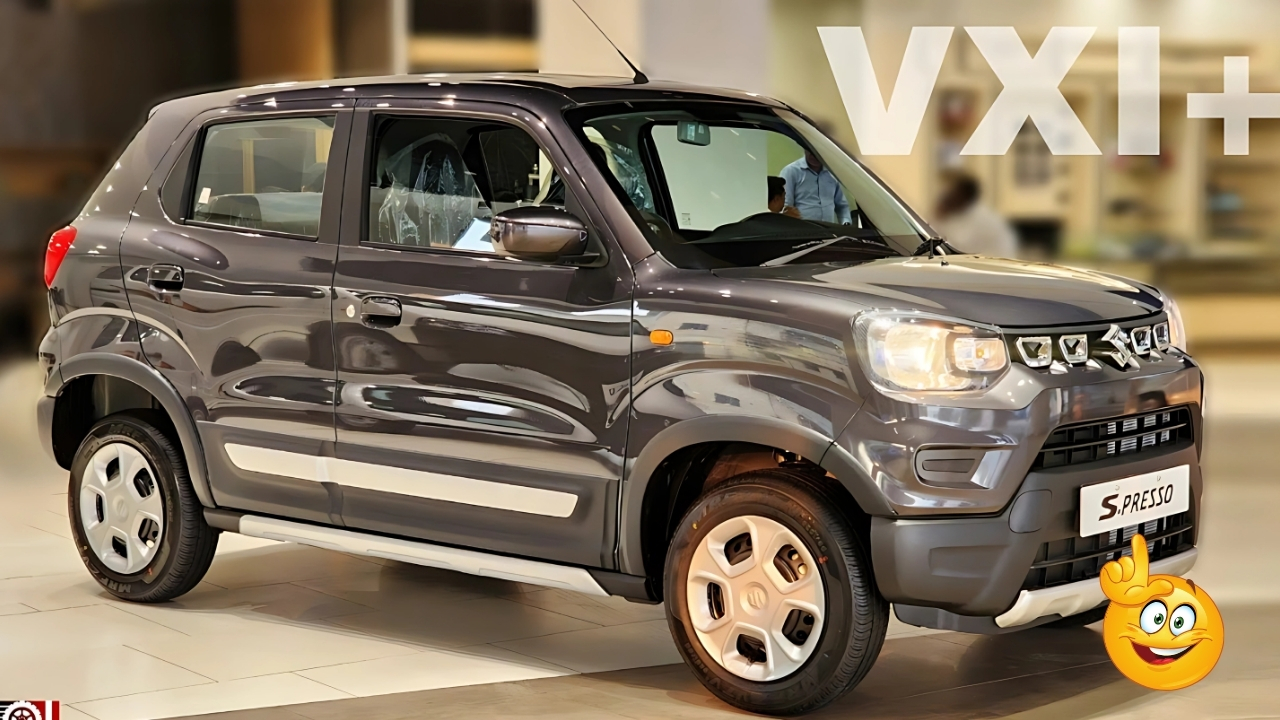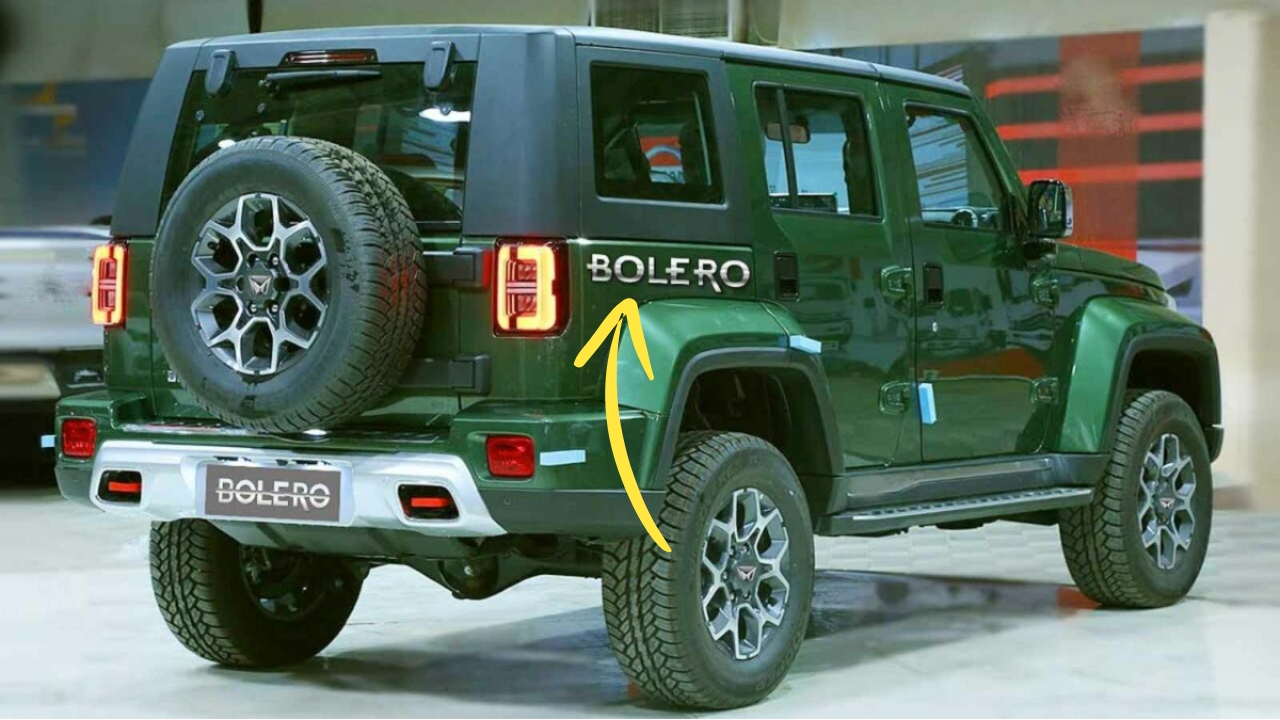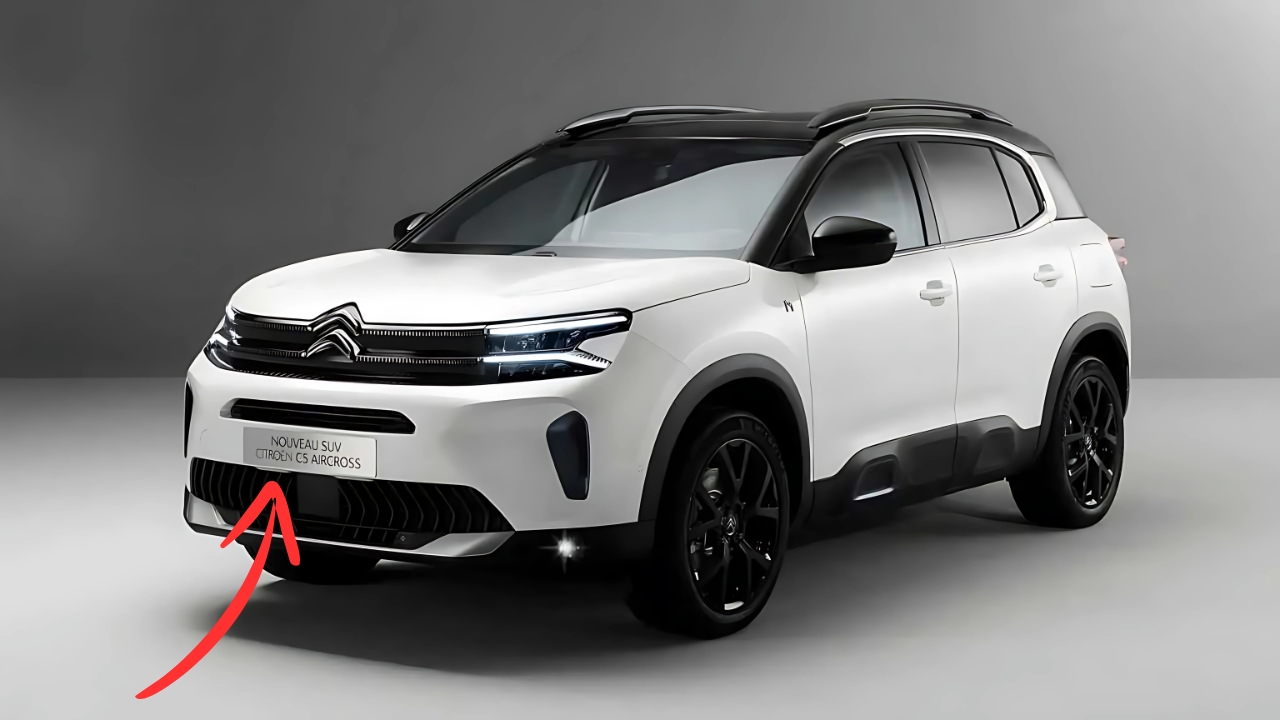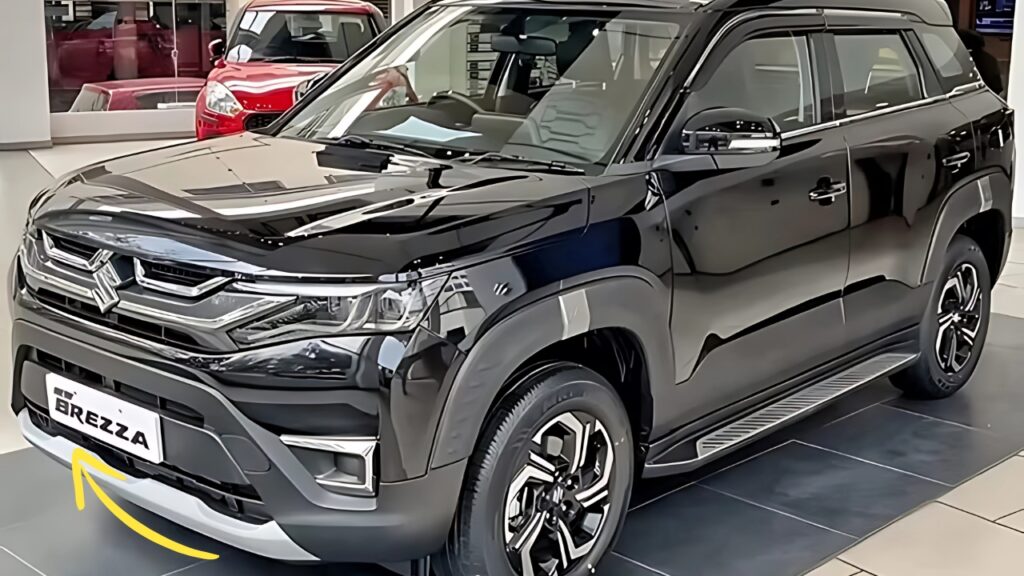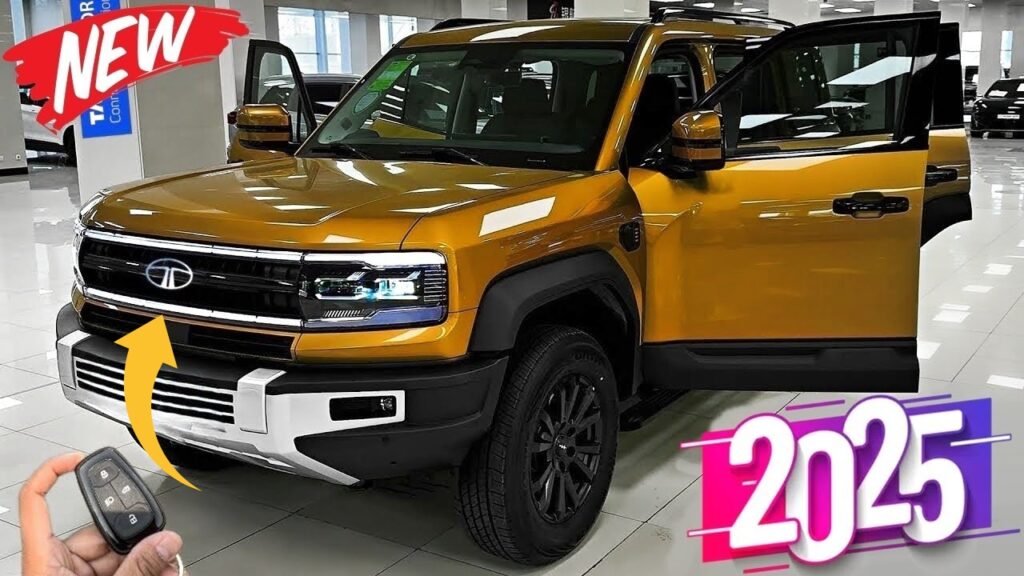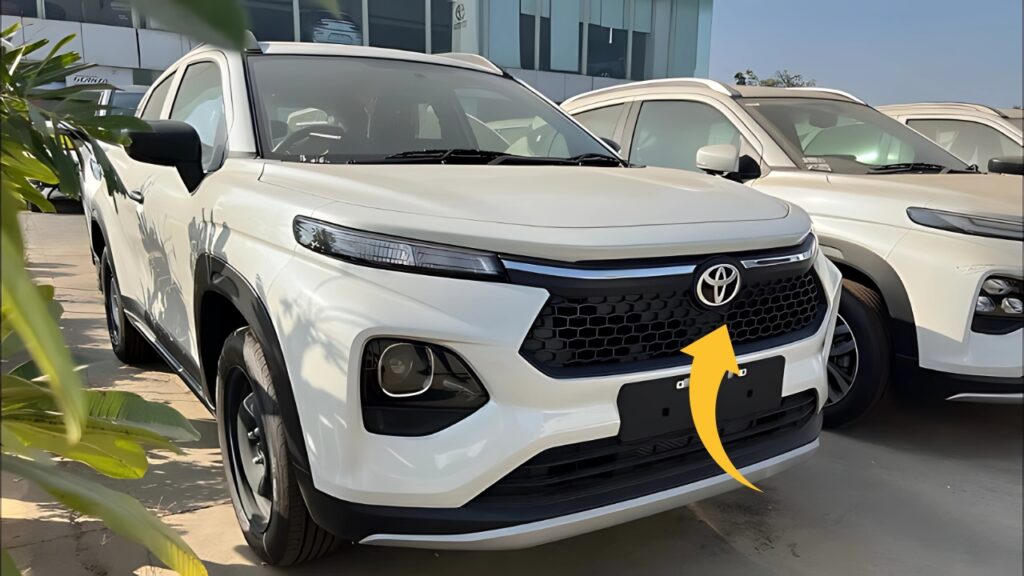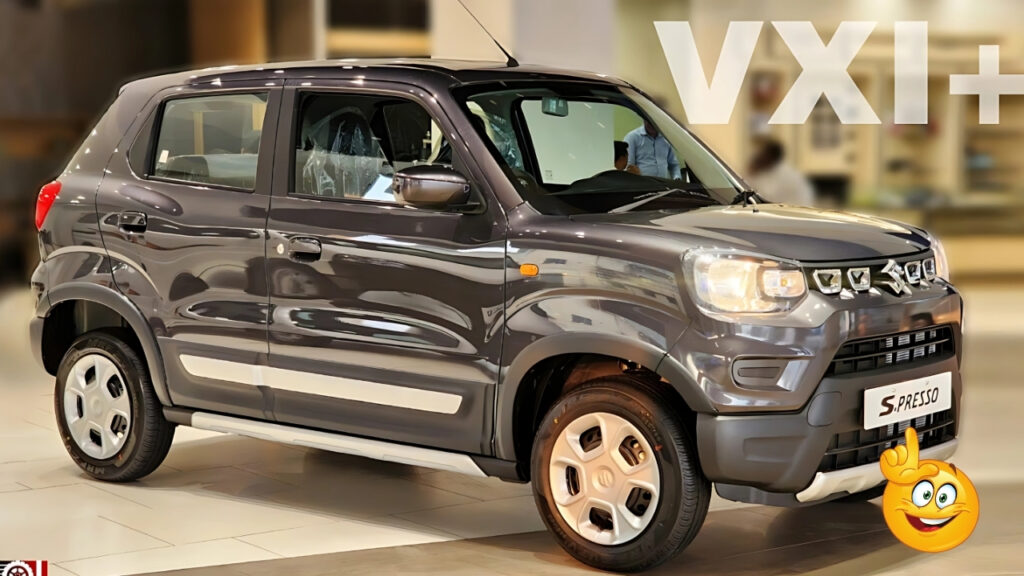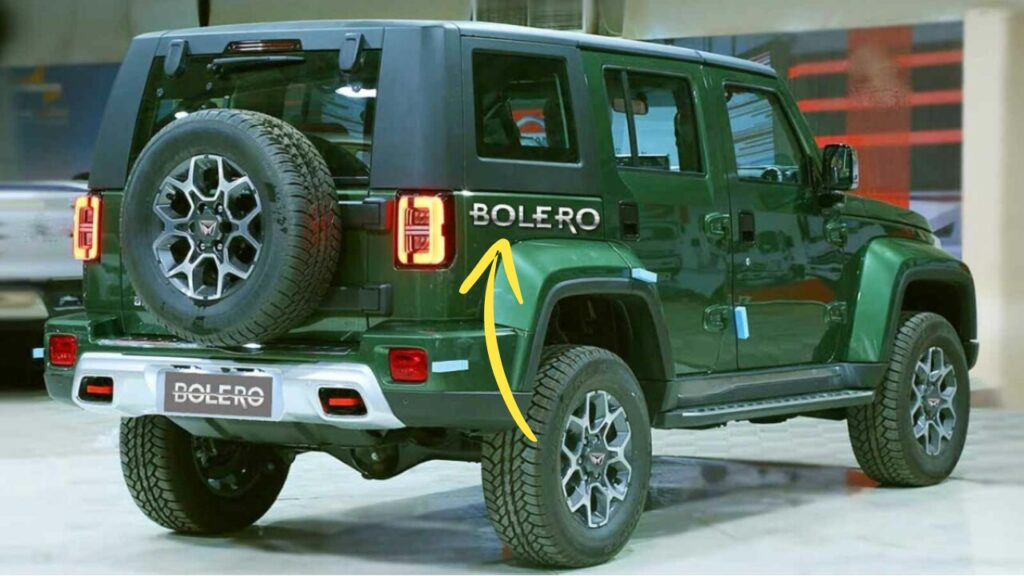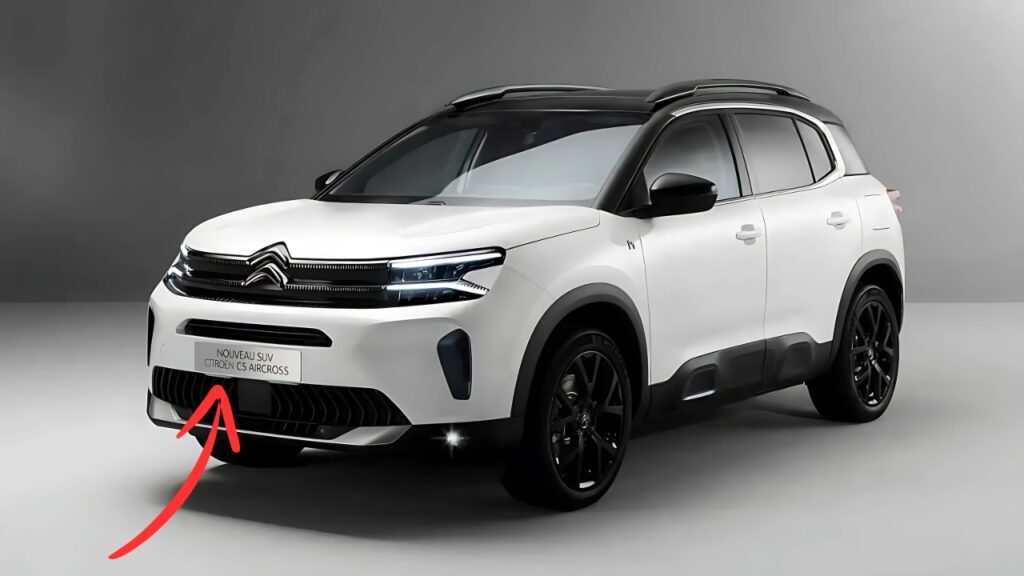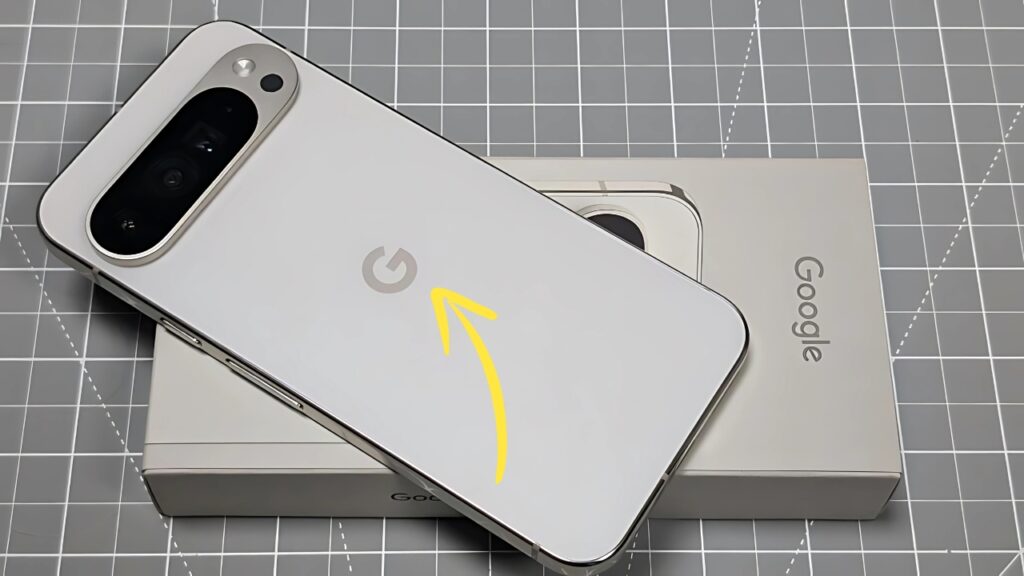Volkswagen Virtus: The sedan segment in India has witnessed significant evolution over the past decade, with changing consumer preferences driving manufacturers to develop increasingly sophisticated products.
Among these offerings, the Volkswagen Virtus stands as a relatively recent entrant that brings European design sensibilities and driving dynamics to a competitive price point.
This analysis explores how this global product has been adapted to meet Indian market requirements while maintaining the distinctive character that defines the Volkswagen brand.
Volkswagen Virtus: Design Philosophy and Exterior Aesthetics
The Volkswagen Virtus demonstrates the company’s design language characterized by clean lines and balanced proportions that prioritize timeless elegance over trendy styling elements.
The front fascia features a sleek horizontal grille flanked by sharp headlamp clusters that create a sophisticated appearance without unnecessary aggression. This restraint in styling reflects Volkswagen’s confidence in design longevity rather than chasing momentary trends.
What truly distinguishes the Virtus from many competitors is its sense of proportion and cohesion. Unlike some sedans that appear as hatchbacks with trunks added as afterthoughts, the Virtus presents as a purposefully designed three-box sedan with harmonious lines from front to rear.
The relatively long wheelbase contributes to this balanced appearance while enhancing interior space – a thoughtful engineering decision that serves both aesthetic and practical purposes.
The exterior detailing demonstrates attention to refinement, with precise panel gaps and thoughtful chrome accents that enhance visual interest without appearing excessive.
LED lighting elements add contemporary technology while maintaining the clean design language that defines the vehicle’s character.
Technical Specifications and Performance Characteristics
| Specification | 1.0L TSI | 1.5L TSI EVO |
|---|---|---|
| Displacement | 999cc | 1498cc |
| Configuration | 3-cylinder turbocharged | 4-cylinder turbocharged |
| Power Output | 115 PS @ 5000-5500 RPM | 150 PS @ 5000-6000 RPM |
| Torque | 178 Nm @ 1750-4500 RPM | 250 Nm @ 1600-3500 RPM |
| Transmission Options | 6-speed Manual / 6-speed Automatic | 7-speed DSG Automatic |
| Fuel Efficiency (Claimed) | 19.40 km/l (Manual) / 18.12 km/l (AT) | 18.67 km/l |
| Acceleration (0-100 km/h) | 11.7 seconds | 9.1 seconds |
| Top Speed | 190 km/h | 205 km/h |
The Virtus offers two turbocharged petrol engine options that deliver performance characteristics uncommon in its segment.
The 1.0-liter TSI unit provides impressive torque for its displacement, creating responsive acceleration even at lower engine speeds.
The 1.5-liter TSI EVO represents perhaps the most sophisticated engine in its class, featuring active cylinder management technology that deactivates two cylinders under light loads to enhance efficiency without compromising power availability.
Transmission options include a precise 6-speed manual gearbox and automatic options tailored to each engine. The 7-speed DSG paired with the 1.5 TSI deserves particular mention for its quick shifts and intelligent adaptation to driving styles, delivering a premium driving experience typically associated with higher segments.
The driving dynamics benefit from European tuning that prioritizes stability and predictability without compromising comfort.
The electric power steering offers progressive weighting that inspires confidence during spirited driving while remaining light enough for easy maneuverability in tight urban environments.
These characteristics collectively create a driving experience that distinguishes the Virtus from competitors that prioritize comfort at the expense of engagement.
Cabin Experience and Interior Quality
Stepping inside the Virtus reveals an interior that emphasizes horizontal lines and logical control placement. The dashboard features a clean, uncluttered design with high-mounted infotainment screen that minimizes eye movement away from the road.
Material quality demonstrates careful selection, with soft-touch surfaces in key contact areas and consistent panel fits that enhance perceived quality.
The infotainment system centers around a 10-inch touchscreen that supports wireless smartphone connectivity through both Android Auto and Apple CarPlay.
The digital instrument cluster (Virtual Cockpit in Volkswagen terminology) offers customizable displays that provide essential information according to driver preference.
Additional features that enhance the ownership experience include:
Ventilated front seats for climate comfort
Electric sunroof with tilt and slide functionality
Automatic climate control with rear AC vents
Wireless phone charging pad
8-speaker sound system with subwoofer
Keyless entry with push-button start
Auto-dimming interior rearview mirror
These amenities collectively create a cabin environment that delivers premium touches without excessive complexity, reflecting Volkswagen’s focus on functional luxury rather than feature count for marketing purposes.
Practicality and Space Utilization
Practicality represents a significant strength for the Virtus, with thoughtful space utilization that maximizes passenger comfort and cargo capacity.
The 2651mm wheelbase creates generous rear legroom that accommodates adult passengers comfortably, while the well-shaped rear bench provides good thigh support for longer journeys.
The 521-liter boot capacity ranks among the segment’s most generous, providing substantial luggage space that enhances versatility for both daily use and longer trips.
The relatively wide opening and low lift-over height facilitate loading and unloading, demonstrating attention to practical usage scenarios beyond specification comparisons.
Safety Features and Engineering
Safety provisions in the Virtus reflect Volkswagen’s reputation for solid engineering. Standard safety equipment includes:
Up to six airbags
Electronic Stability Control
Multi-collision braking system
Hill-hold control
ISOFIX child seat anchors
Tire pressure monitoring system
All-wheel disc brakes
The underlying structure incorporates high-strength steel in critical areas, enhancing crash performance while optimizing weight.
This focus on fundamental safety through structural engineering complements the active safety systems, creating a comprehensive approach to occupant protection.
Volkswagen Virtus:
The Volkswagen Virtus exemplifies how global platforms can be successfully adapted to meet local market requirements without compromising brand values.
By maintaining the driving dynamics and build quality that define Volkswagen’s reputation while incorporating features specifically valued by Indian consumers, it creates a compelling proposition in the competitive sedan segment.
For prospective buyers seeking European driving characteristics with practical dimensions suitable for Indian conditions, the Virtus offers rational justification through its solid engineering while providing sufficient premium touches to satisfy emotional considerations.
This balanced approach explains why the model has established itself as a distinctive option for discerning buyers seeking something beyond the mainstream offerings in this category.
